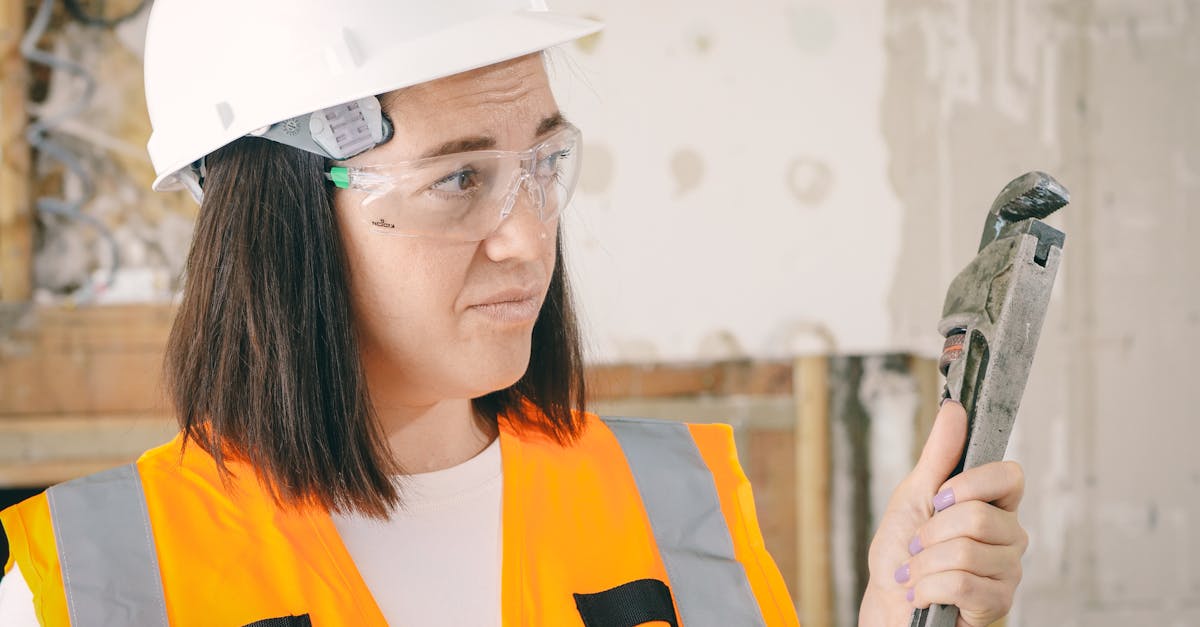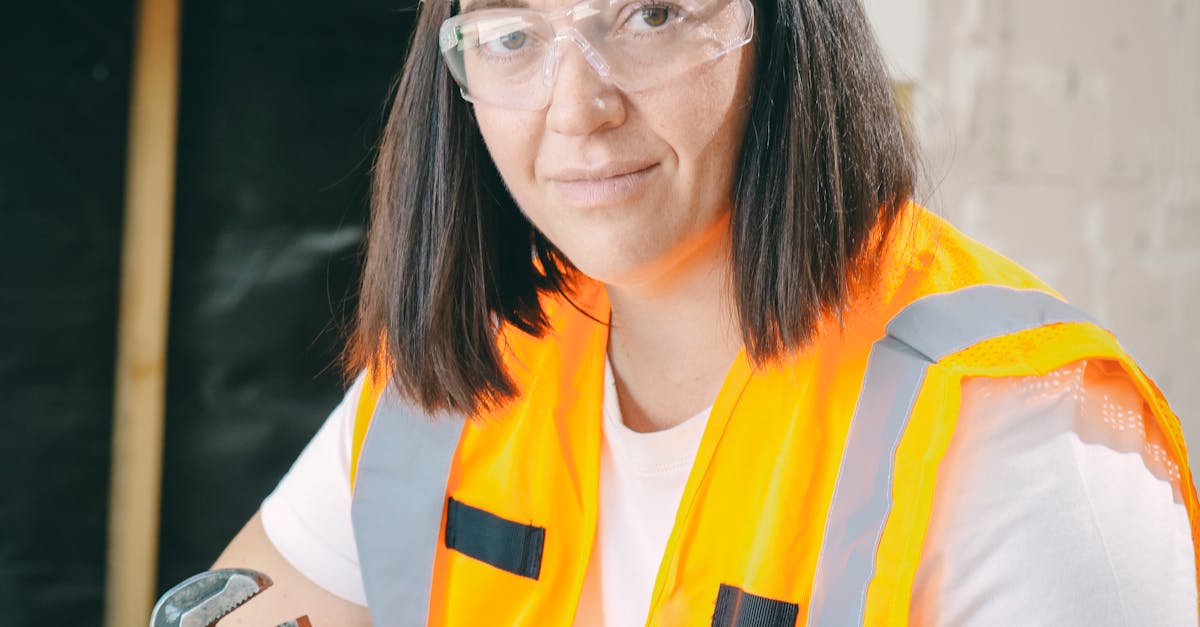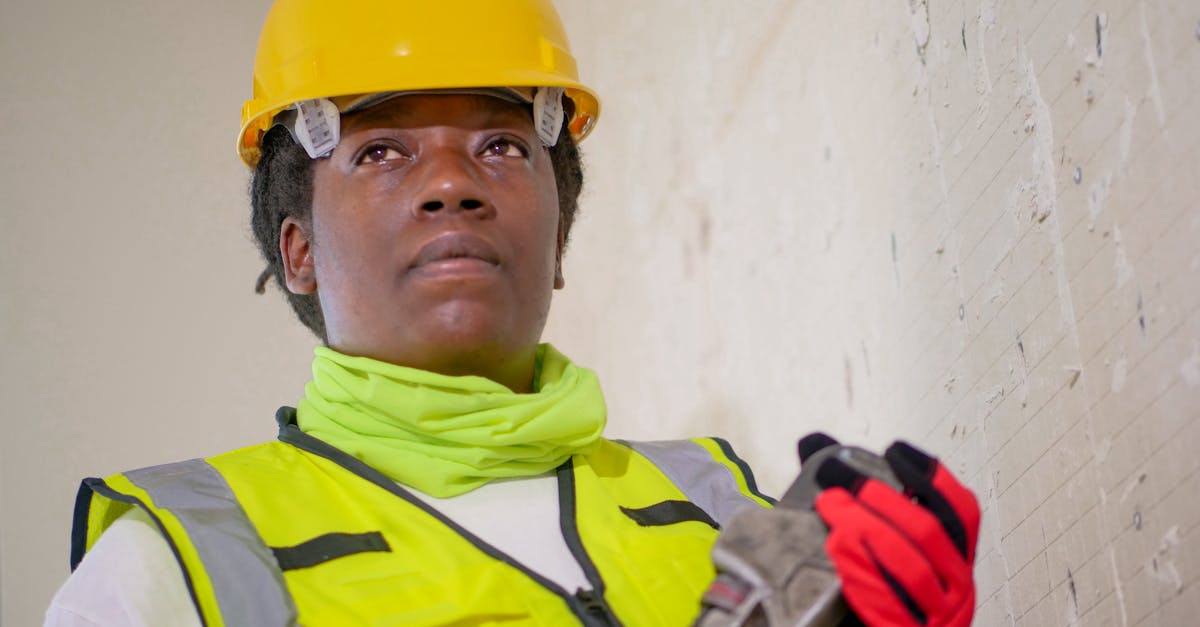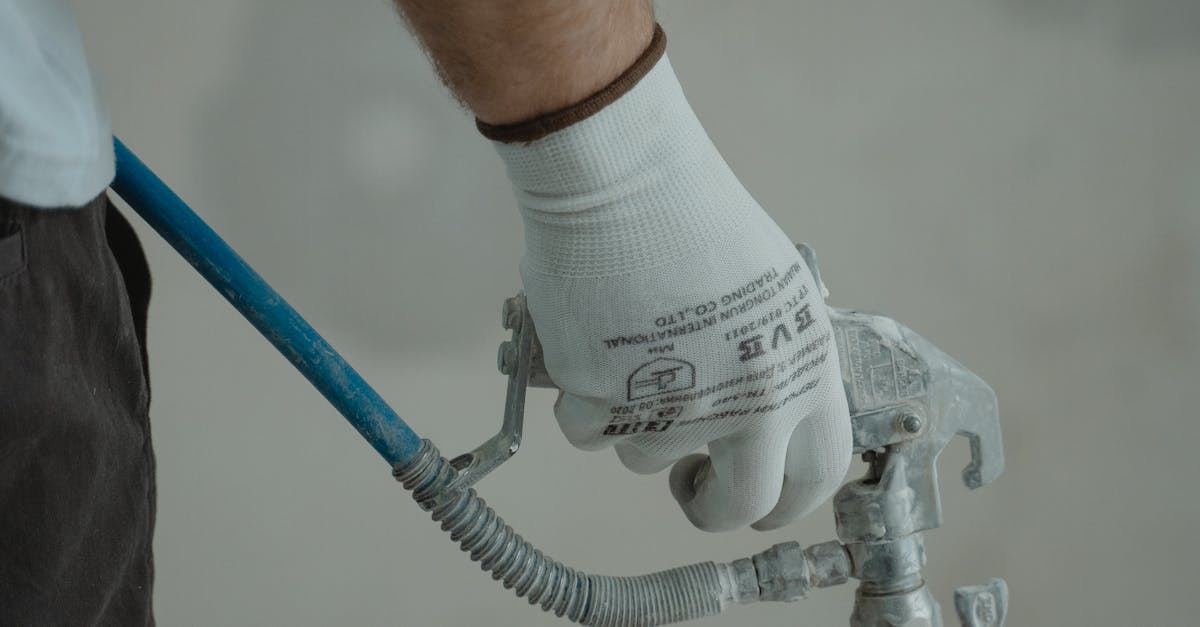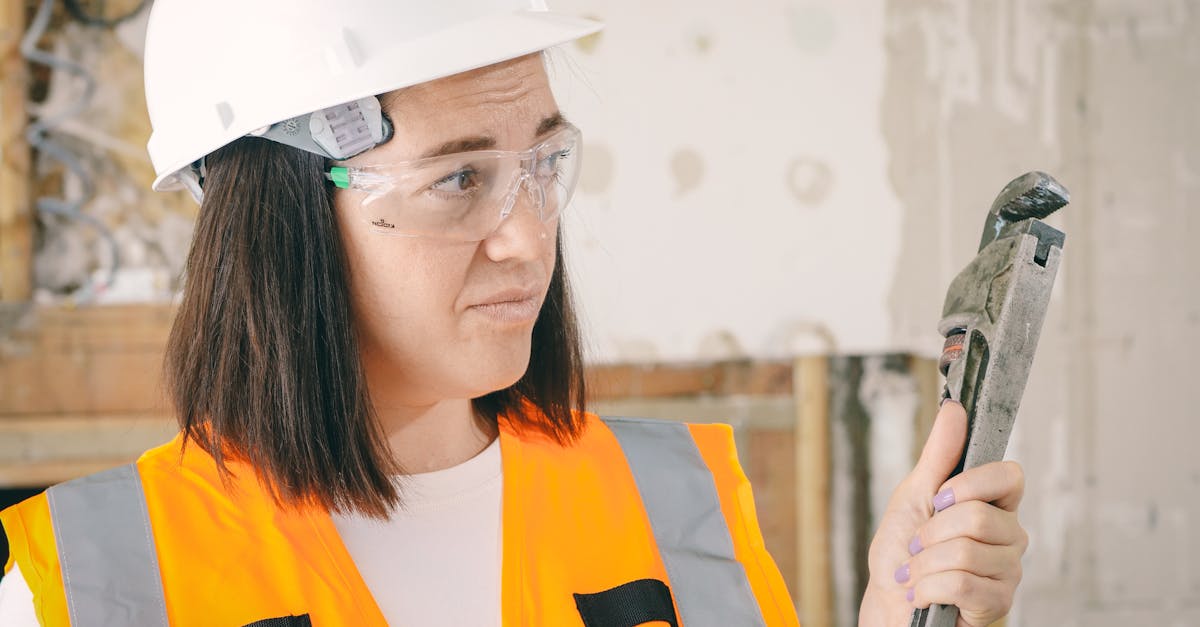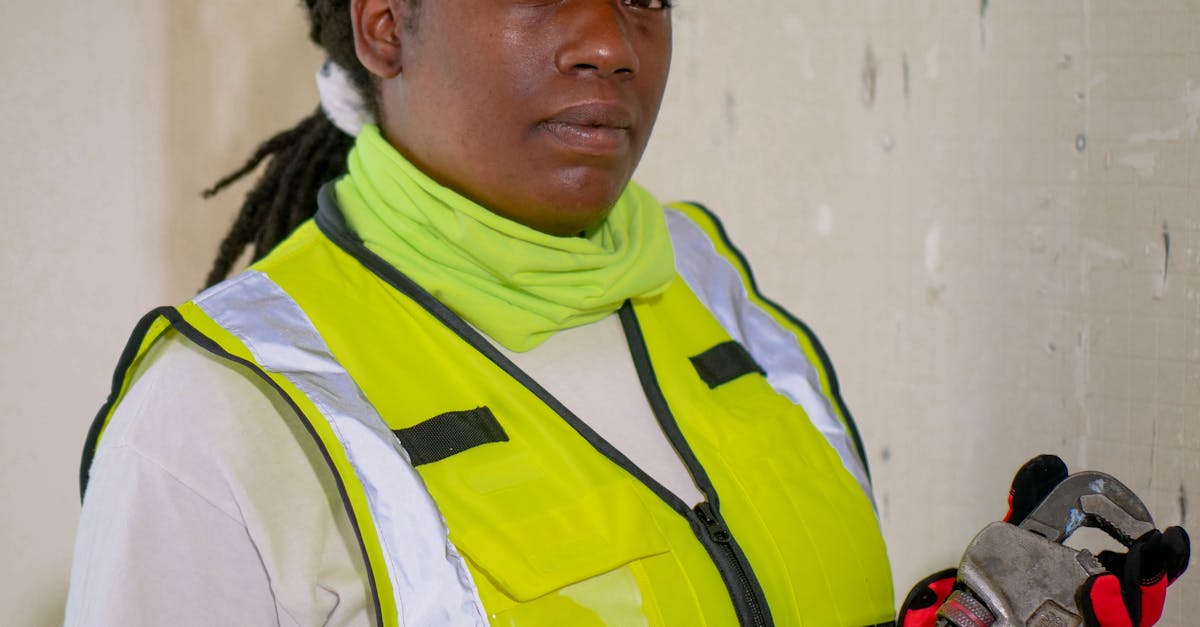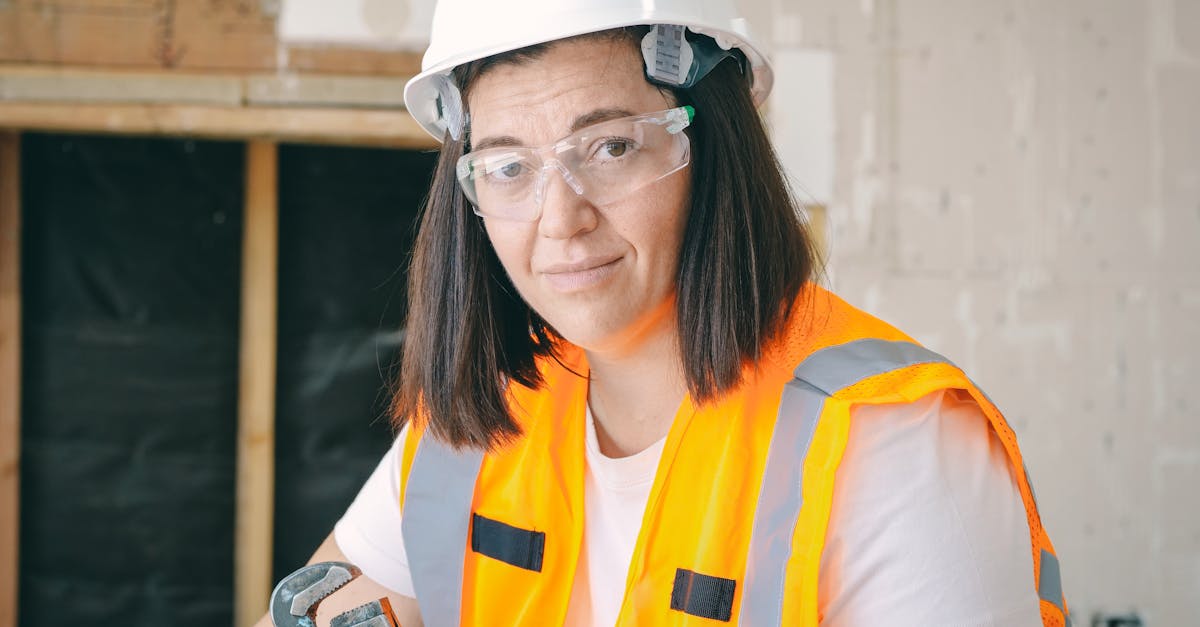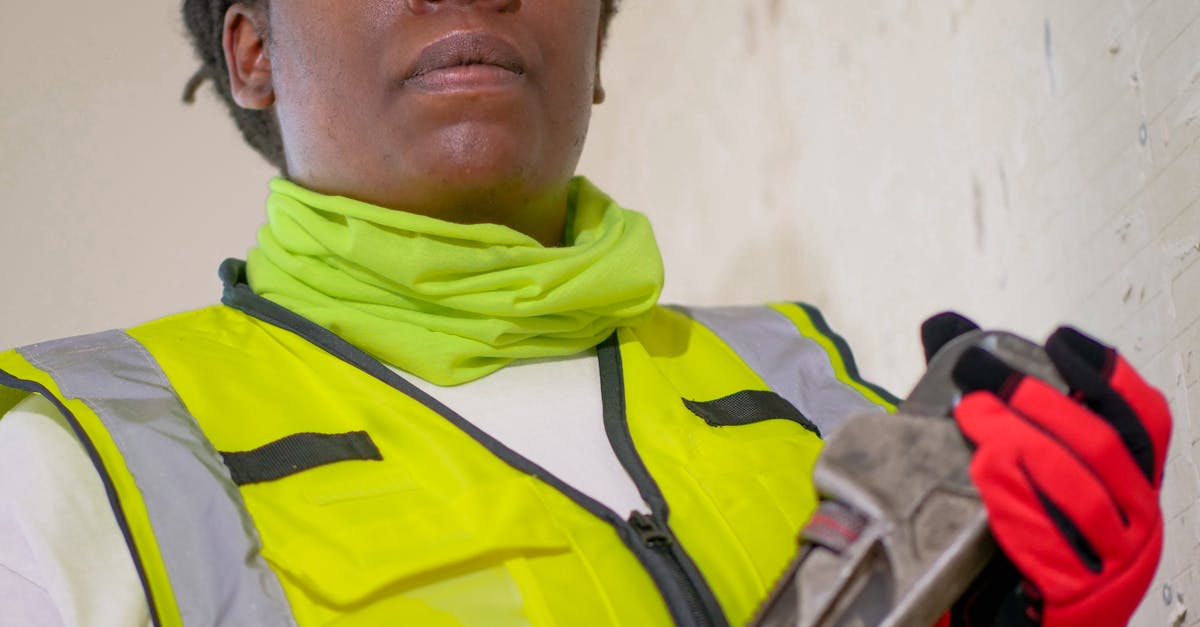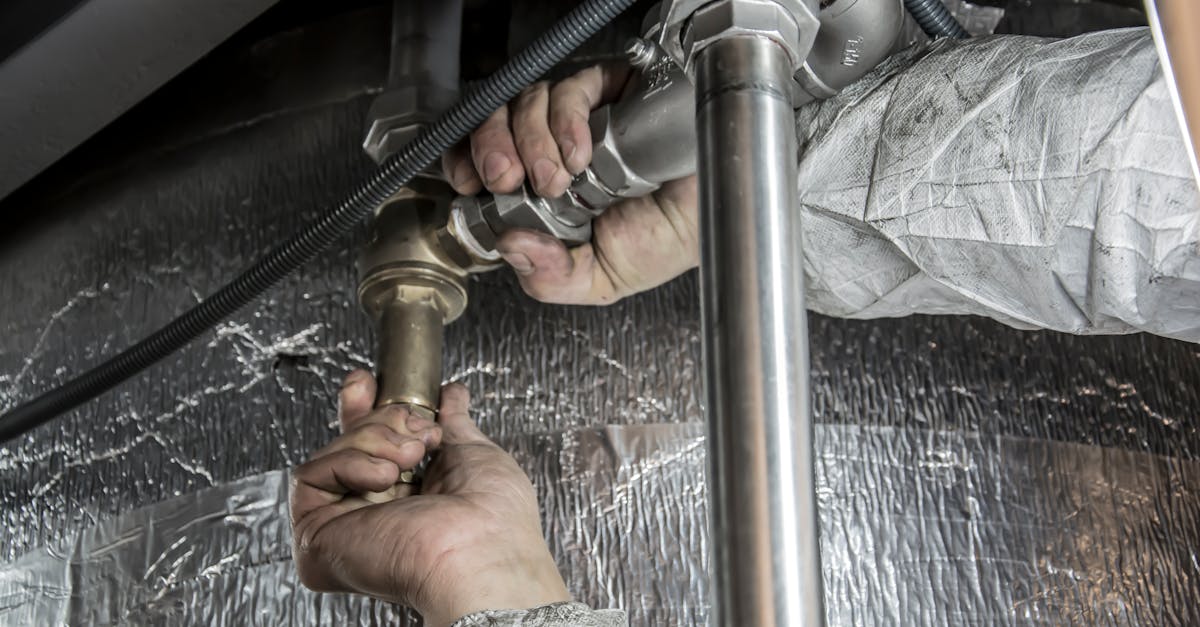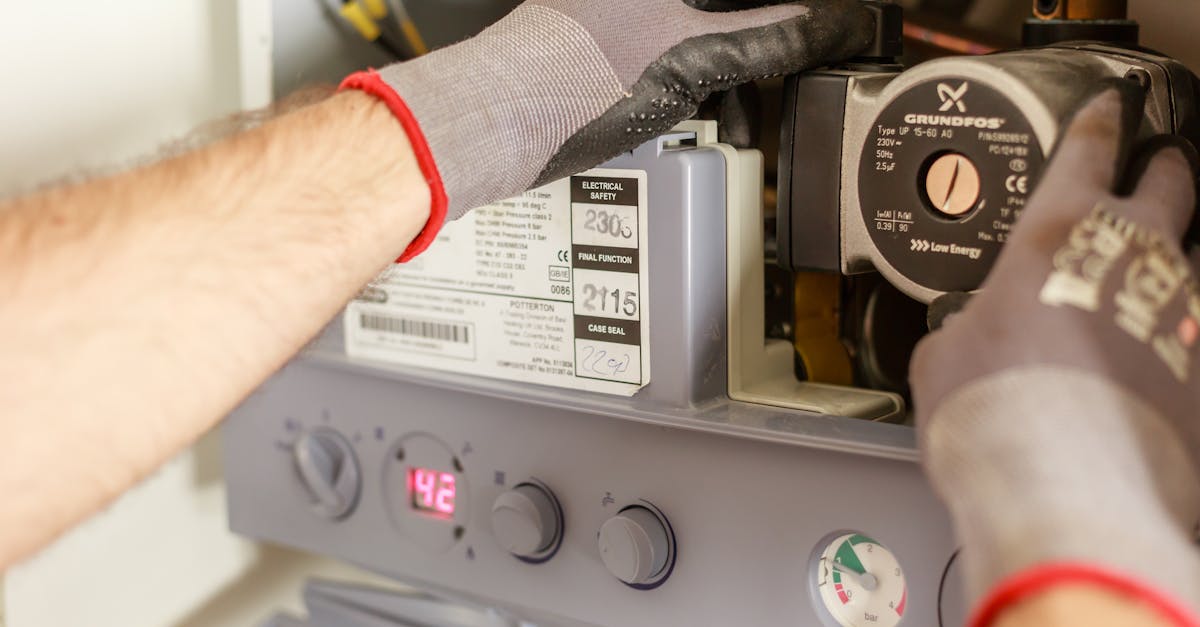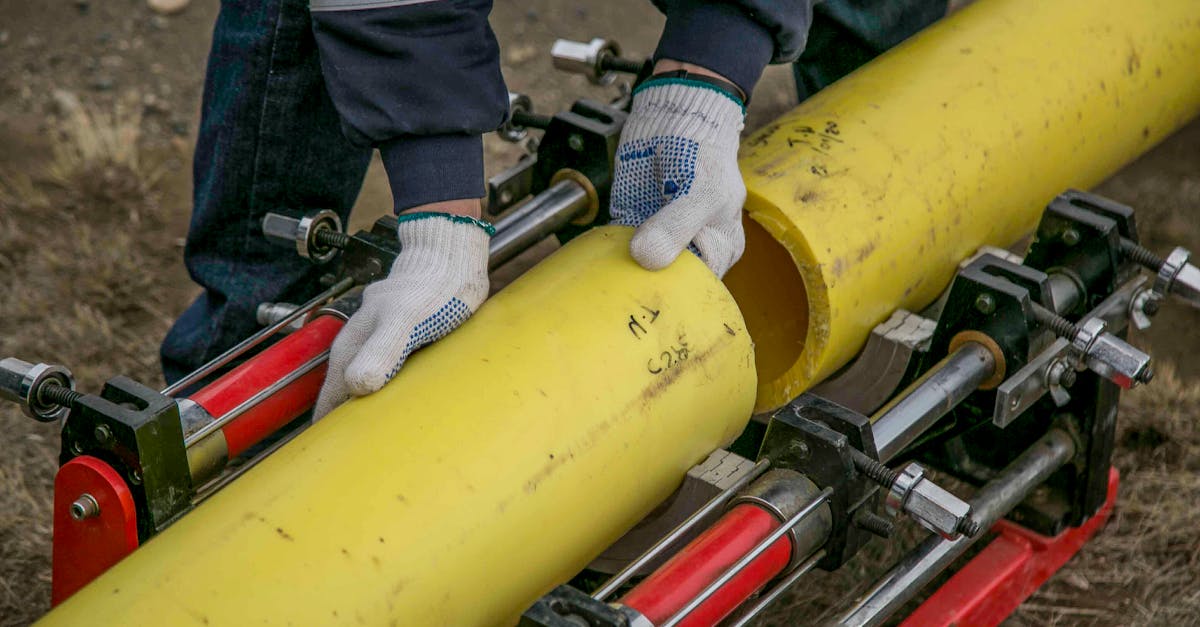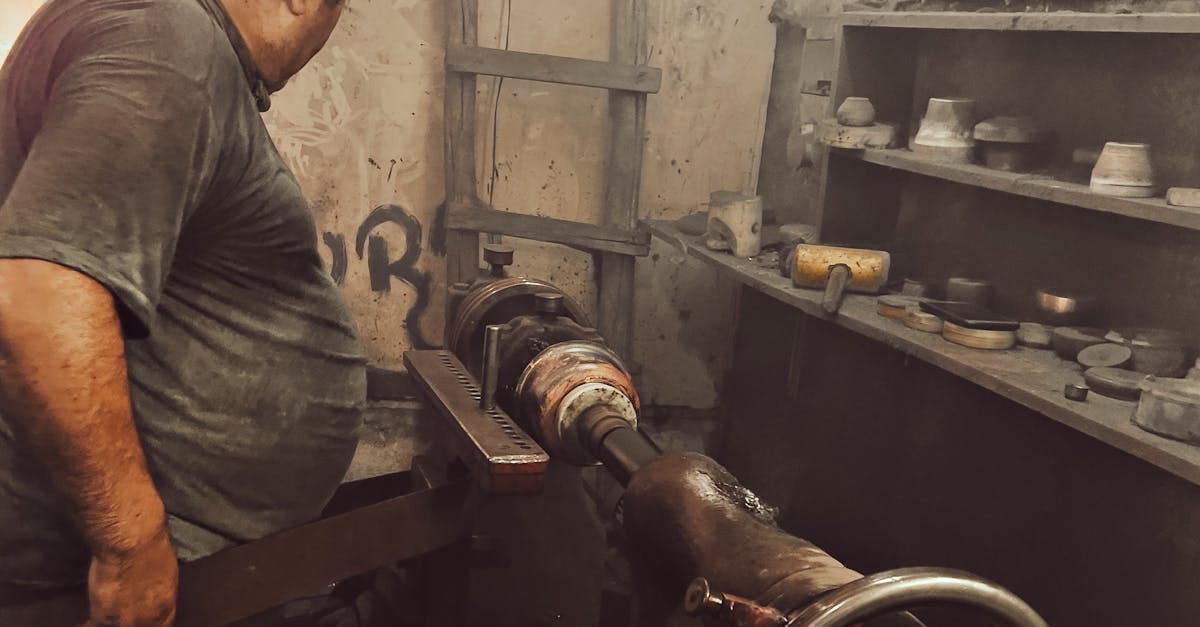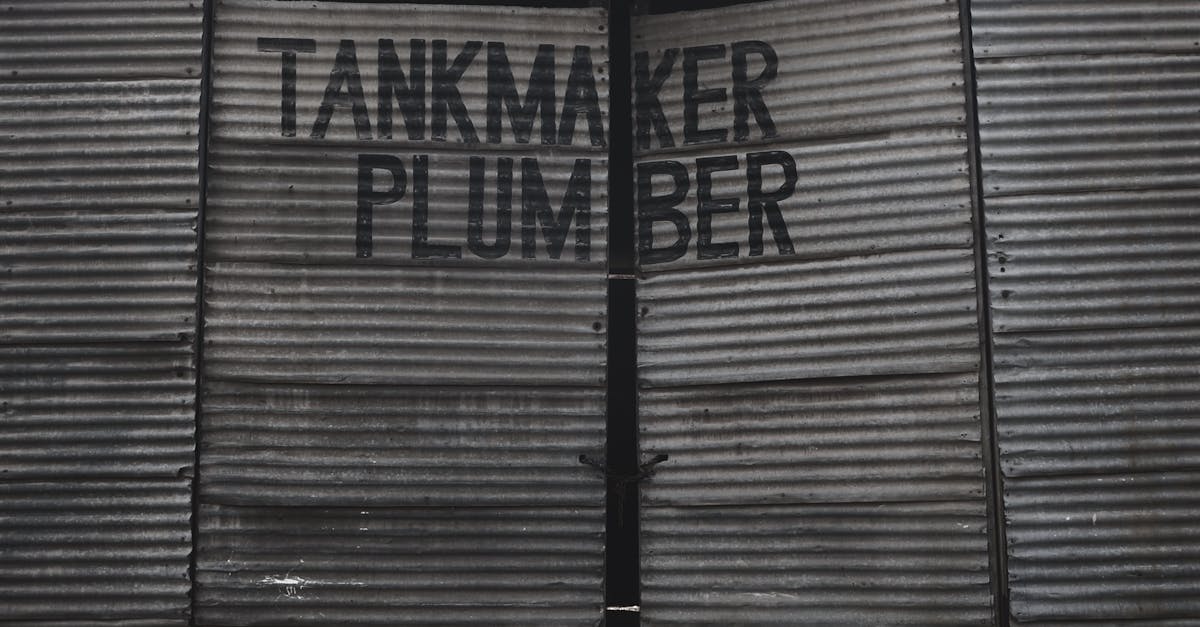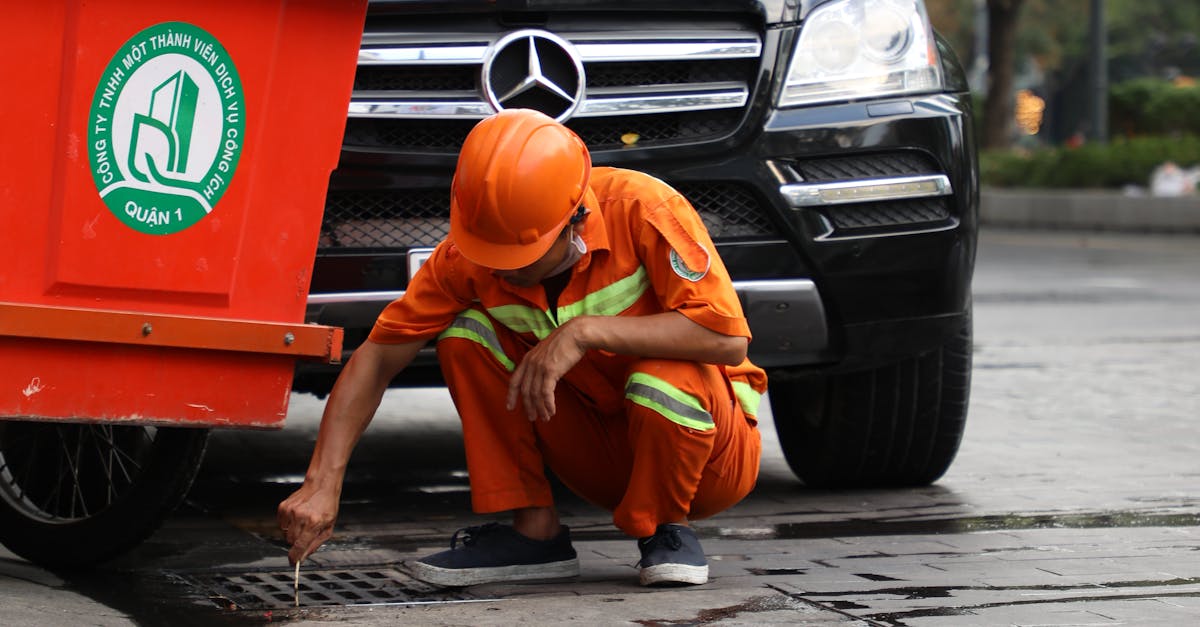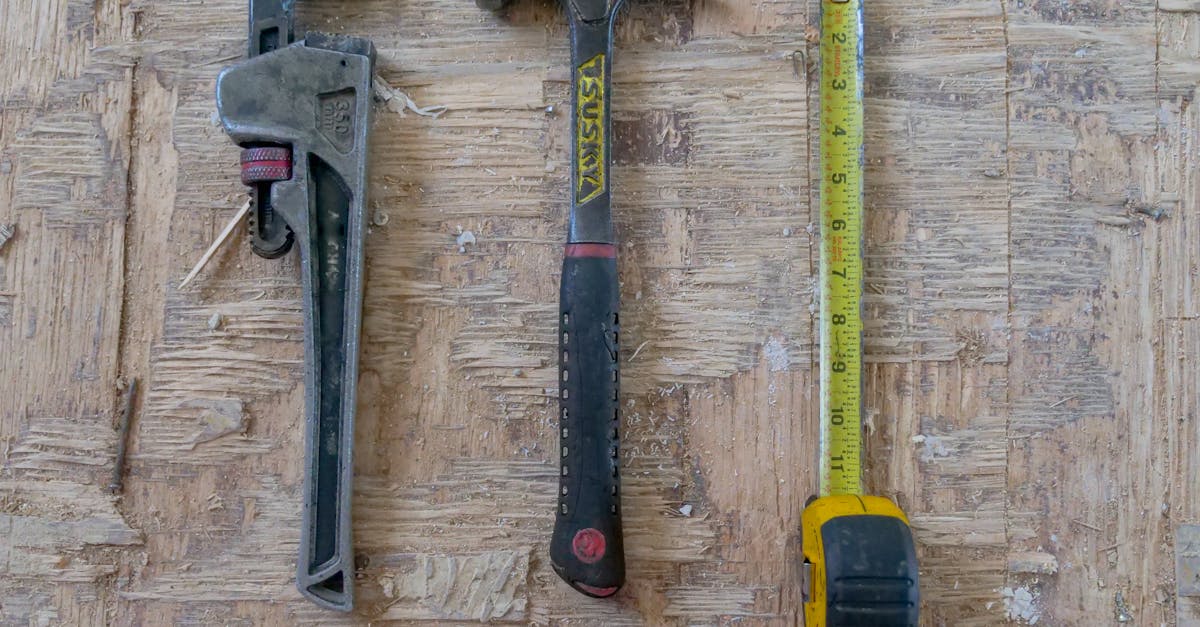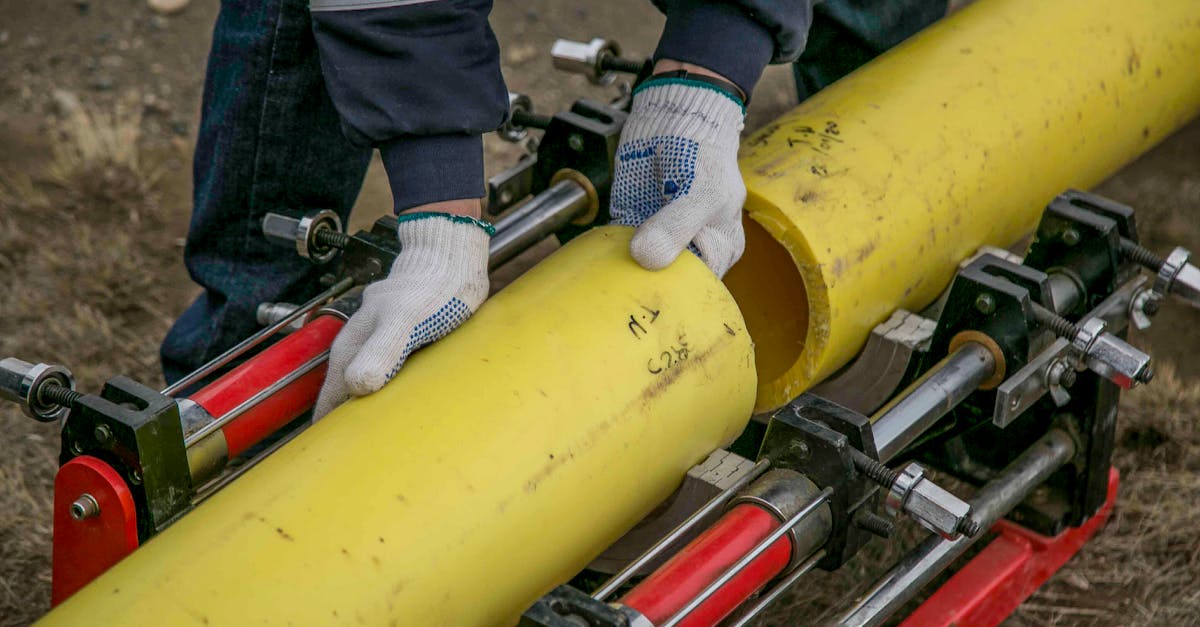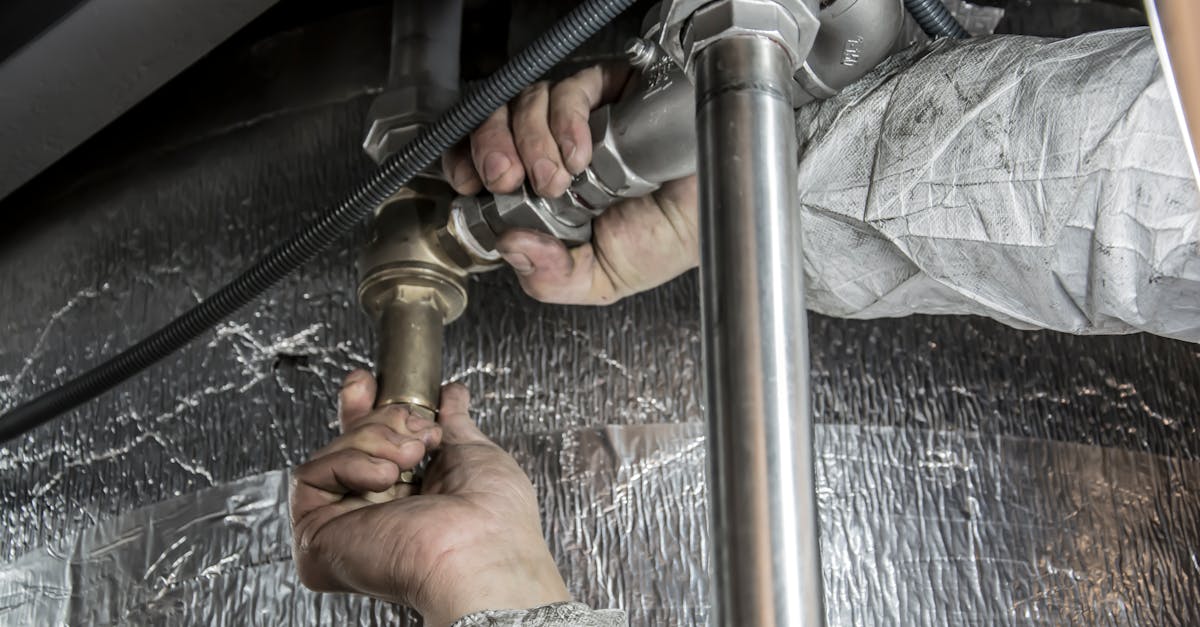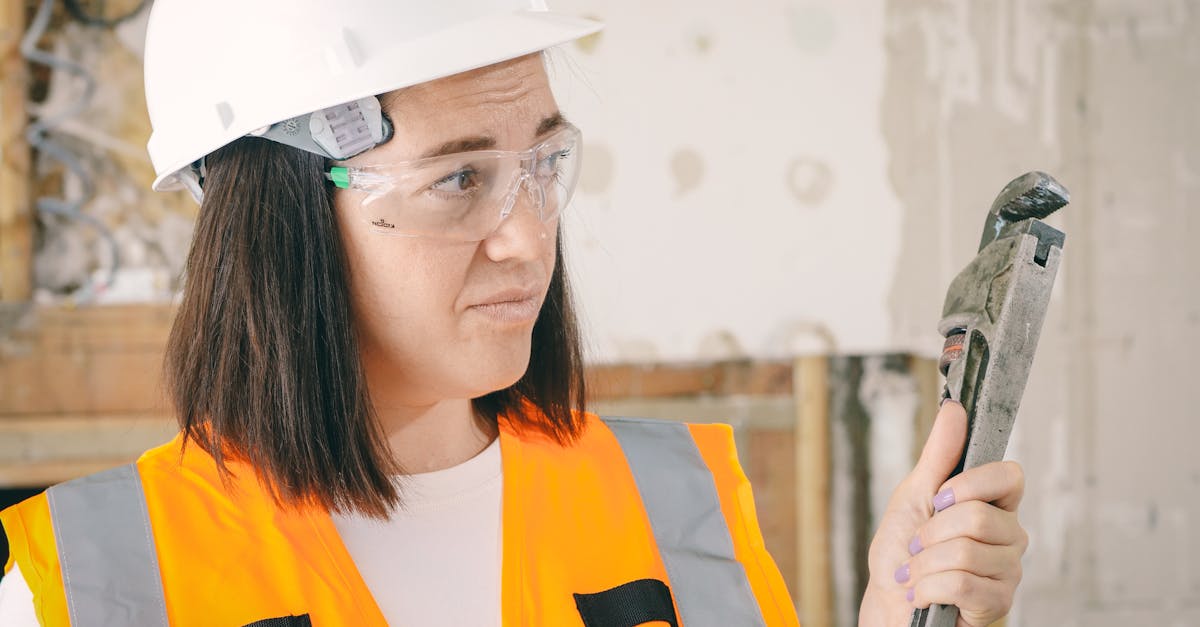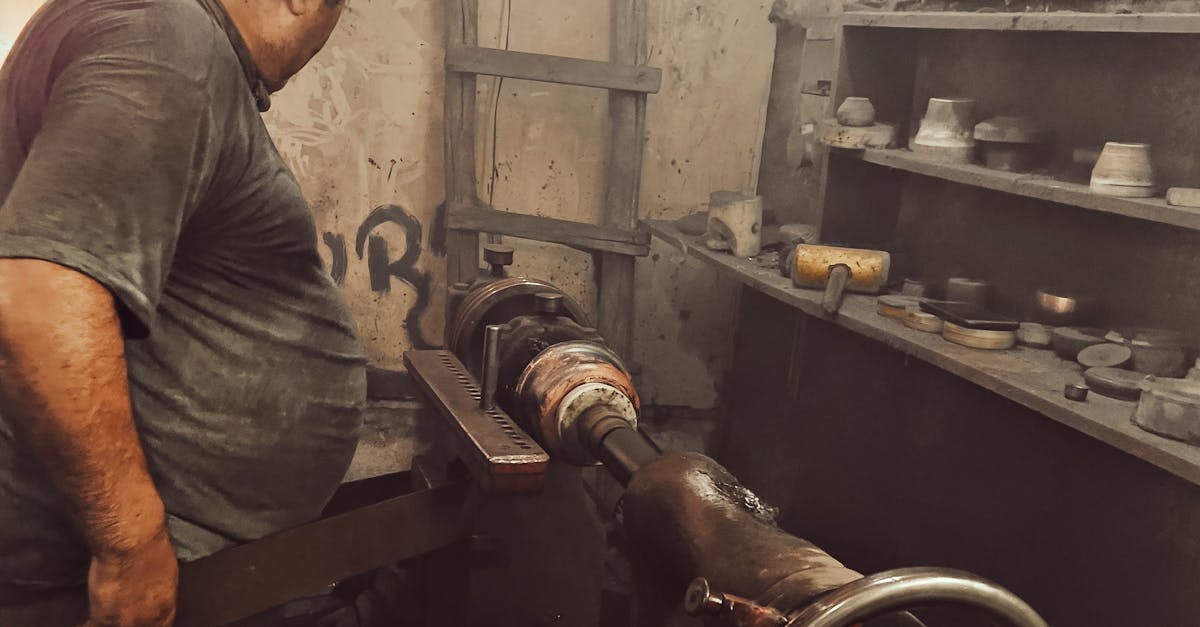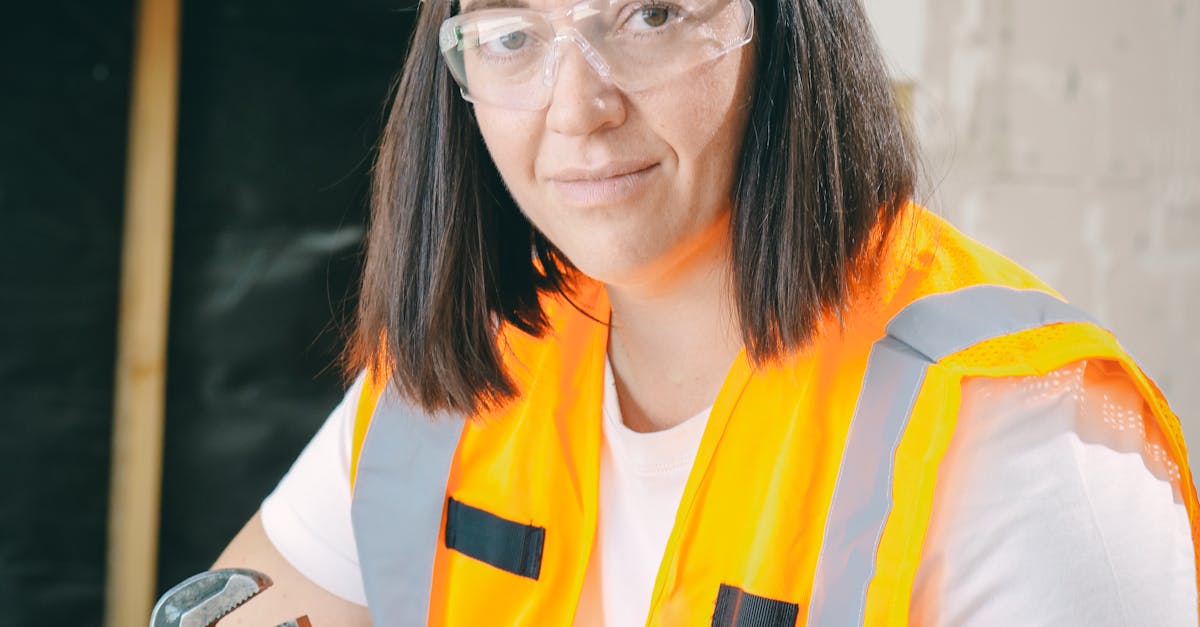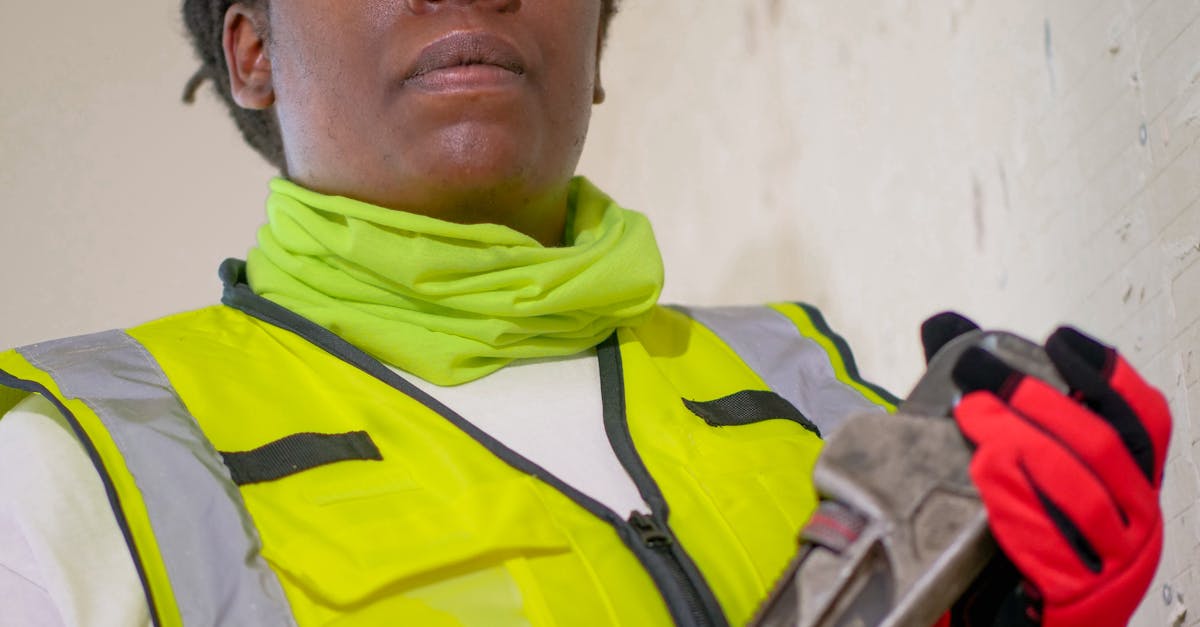
Table Of Contents
Types of Pipe Installation Certifications
In New South Wales, various certifications are available for individuals pursuing pipe installation and repair. These certifications cater to different levels of expertise and areas of focus within the industry. Common types include Certificate III in Plumbing and Certificate IV in Plumbing and Services. These qualifications ensure that individuals have the necessary skills and knowledge to perform installation and repair tasks effectively while adhering to local regulations and safety standards.
Additionally, specialised certifications for areas such as gas fitting, drainage, and hydraulic services can further enhance a pipe installer’s qualifications. These endorsements demonstrate a proficiency in specific aspects of pipe installation and repair, making certified professionals more competitive in the workforce. Gaining these additional certifications can lead to broader employment opportunities and responsibilities in various sectors, such as construction, maintenance, and environmental services.
Differentiating Between Certification Levels
Certification levels for pipe installers vary significantly based on the complexity of the tasks and the regulations involved. Entry-level certifications typically cover fundamental skills in pipe installation and repair, focusing on safety protocols and basic installation techniques. As installers gain experience, they can pursue advanced certifications that delve into specialised areas such as commercial piping systems or high-pressure installations, reflecting their increased competency and expertise.
Higher certification levels often require additional training and examinations. These qualifications not only showcase an installer’s proficiency in complex systems but also their commitment to industry standards. Employers tend to prefer individuals with advanced certifications as they are better equipped to handle advanced pipe installation and repair tasks, which translates into improved safety, efficiency, and compliance with local regulations.
Ongoing Professional Development
Ongoing professional development is essential for pipe installers to stay current with industry standards and technological advancements. Workshops, seminars, and vocational courses provide opportunities for practitioners to enhance their skills. Continuous learning ensures that they are well-prepared to handle new materials and methodologies in pipe installation and repair. Regularly updating qualifications can lead to better job prospects and increased earning potential in a competitive market.
Moreover, many employers prefer or even require their pipe installers to engage in ongoing education. Industry associations often offer resources and training programs tailored to the latest techniques and regulations. Participation in these initiatives not only fosters a deeper understanding of pipe installation and repair but also demonstrates a commitment to the profession. Those who prioritise professional development are likely to advance more rapidly in their careers and earn recognition among peers.
Importance of Continuous Learning and Upgrading Skills
Continuous learning is crucial in the field of pipe installation and repair. With advancements in technology and changes in industry standards, staying updated ensures that professionals can effectively meet new challenges. Engaging in workshops, seminars, and online courses allows installers to refresh their knowledge and acquire new techniques that enhance their service delivery.
Upgrading skills not only improves individual competency but also strengthens a company's reputation in the industry. Employers often seek out certified professionals who demonstrate a commitment to ongoing education. This focus on continual improvement contributes to safer practices and better project outcomes, making skilled pipe installers valuable assets across various sectors.
Employment Opportunities for Certified Pipe Installers
Certified pipe installers enjoy a variety of employment opportunities across several industries. The demand for skilled professionals in this field continues to grow, driven by infrastructure development and maintenance needs. Many construction companies, utility providers, and HVAC contractors are actively seeking qualified individuals to perform pipe installation and repair tasks. Different sectors, such as commercial, residential, and industrial, also require certified installers to ensure compliance with safety regulations and standards.
Job prospects are not limited to traditional construction roles; pipeline contractors and mining companies frequently seek certified pipe installers to handle specific projects. Those with specialised knowledge in areas such as gas piping or fire protection systems can find even more opportunities. Additionally, certified professionals may have the chance to advance into supervisory or project management roles as they gain experience and expand their expertise in pipe installation and repair.
Industries and Sectors Seeking Qualified Professionals
The demand for certified professionals in pipe installation and repair spans various industries across Australia. Construction firms actively seek skilled individuals to meet the growing need for effective plumbing systems in residential and commercial projects. Utility companies also require certified pipe installers to maintain and upgrade essential water and gas pipelines, ensuring the infrastructure remains safe and functional.
Moreover, the mining sector often hires qualified pipe installers to address complex piping systems necessary for resource extraction and processing. With environmental regulations tightening, the oil and gas industry values certified installers who can implement sustainable practices in their work. This broad spectrum of employment opportunities highlights the critical role of skilled pipe installation and repair professionals in Australia’s economy.
FAQS
What types of pipe installation certifications are available in NSW?
In NSW, there are various types of pipe installation certifications available, including plumbing and drainage qualifications, gasfitting certifications, and specialised training for specific materials like PVC and copper piping.
How do the different certification levels for pipe installers differ?
Certification levels for pipe installers generally range from basic qualifications for entry-level positions to advanced certifications for specialised skills. Higher-level certifications often require more extensive training and practical experience.
Why is ongoing professional development important for pipe installers?
Ongoing professional development is essential for pipe installers to stay updated with industry standards, regulations, and new technologies. Continuous learning helps improve skills and enhances job prospects in a competitive job market.
What are some ways pipe installers can pursue ongoing professional development?
Pipe installers can pursue ongoing professional development through workshops, online courses, industry seminars, and certification renewal programs. Many trade organisations also offer resources for continued education.
What employment opportunities are available for certified pipe installers in NSW?
Certified pipe installers in NSW can find employment across various sectors, including residential, commercial, and industrial construction, utilities, and maintenance services. Many industries actively seek qualified professionals to meet their plumbing and piping needs.
